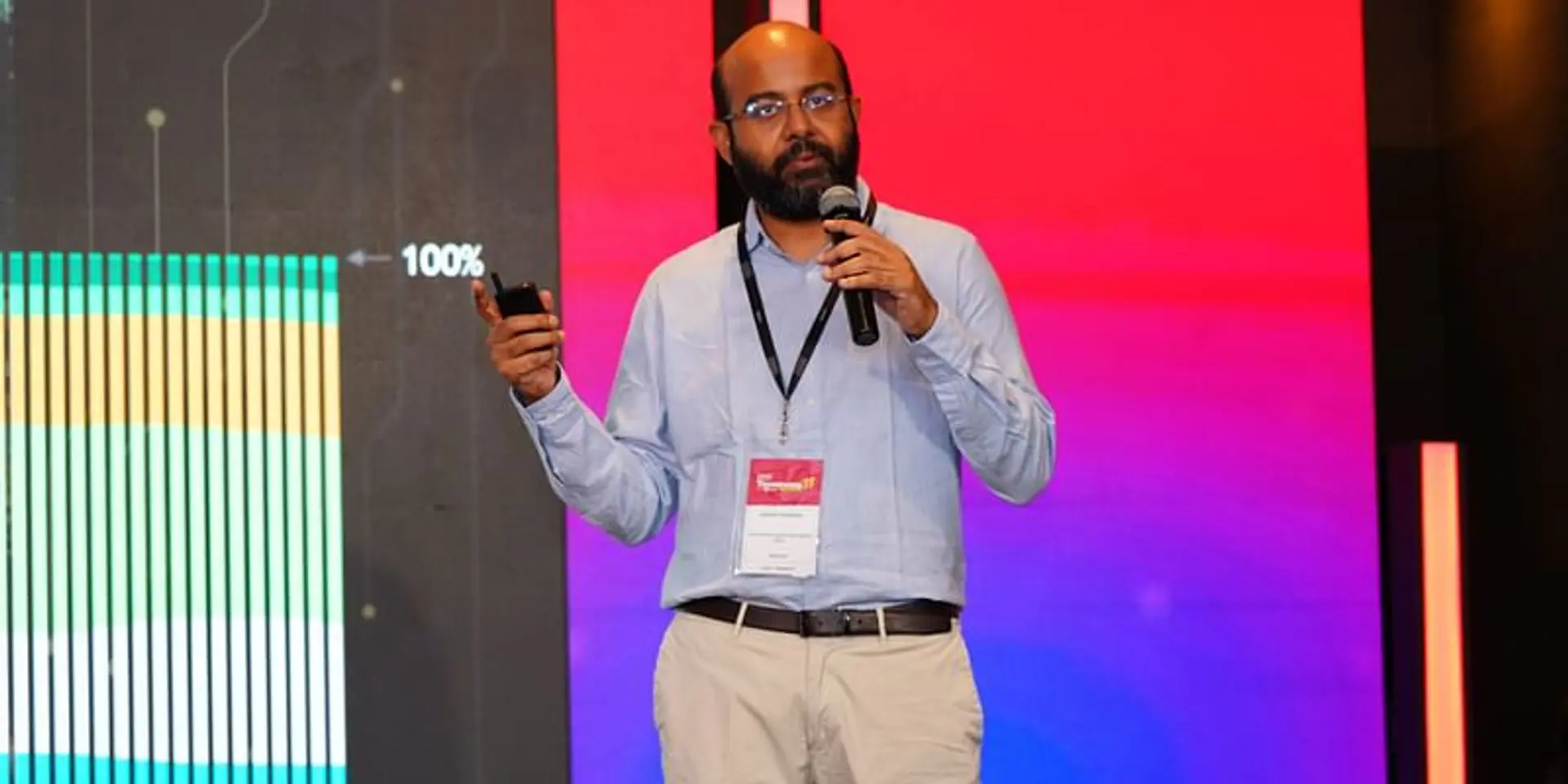Next 10 years could see emergence of climate unicorns: BCG’s Anirban Mukherjee
The next 10 years is going be the window of opportunity for climate unicorns to come in, said Anirban Mukherjee, Managing Director & Partner at Boston Consulting Group, at TechSparks.
With carbon taxes and carbon markets coming into India and financing going from $20 billion to $100 billion, the next 10 years could be the window of opportunity for climate unicorns to come in, Anirban Mukherjee, Managing Director & Partner at Boston Consulting Group, said.
“Globally, green financing has gone up from $200 billion to $600 billion in the last 10 years. The next 10 years will possibly be the era of the climate tech unicorns,” Mukherjee said in his keynote address at YourStory’s flagship startup summit TechSparks 2023 in Bengaluru.
With the rise in financing, the number of climate unicorns has grown to nearly 100 from less than 10 over the past decade, he noted. Many of these unicorns have come up completely on the back of policy in the respective countries, largely around Europe and the United States, he said.
Starting from Europe, carbon taxes have spanned to the United States, Latin America, and now China and Australia, Mukherjee said, adding EVs have become a great example towards the green transition in the last 10 years.
Although EV sales have risen from 10 million in 2010 to 65 million currently, these are still not cost effective without carbon tax and subsidies, he remarked, and noted that more mandates and policies could further drive the change, along with the taxes and subsidies.
Mukherjee also said that in India, carbon markets are in the works. Iron and steel, petrochemicals, fertilizers, and chlor-alkali are the first set of sectors for which the carbon markets are going to come into this year, and that will accelerate the markets like the ones in the rest of the world.
Carbon markets are basically systems that are used by companies to offset their greenhouse gas emissions by buying carbon credits. On the financing side, according to him, it might be important to look at the type of financing as well.
“When you hear this word blended finance a lot of times. (But) why is that important? If you are going to decarbonise based on a higher cost, and not-at-scale technology, you will need different tranches of capital: you have philanthropy capital from the World Bank..Some capital comes in which underwrites the offtake risk, public finances, then different tranches of private capital,” Mukherjee said.
He underscored that when one talks about ventures, it is important to understand that only innovation will not work and it has to work hand in hand with policy and financing.
Edited by Megha Reddy







